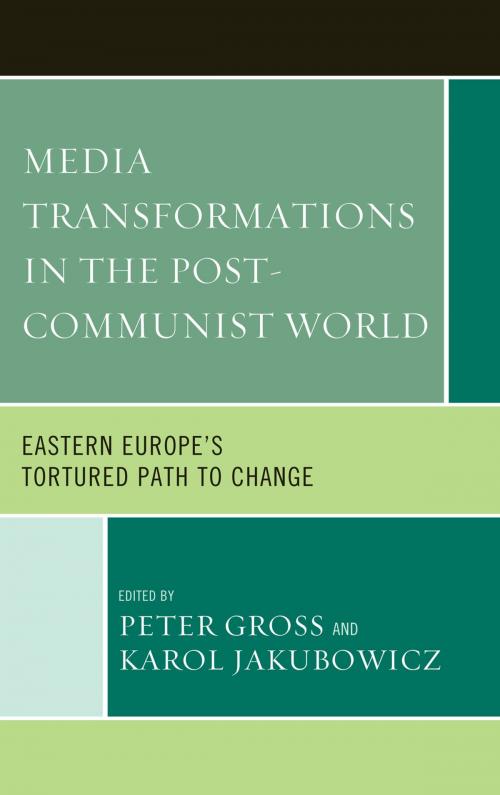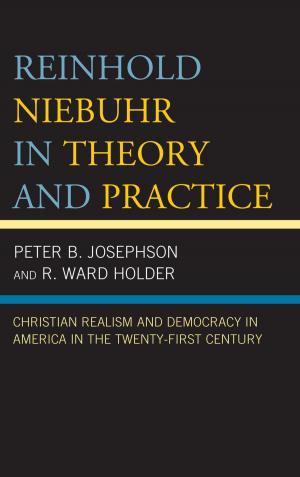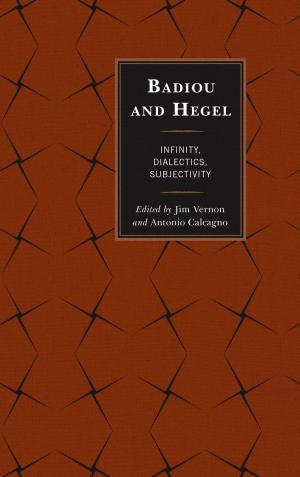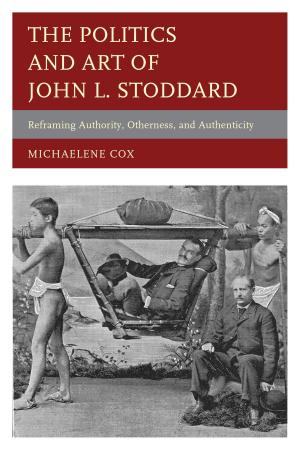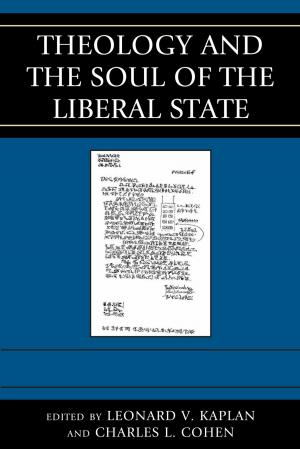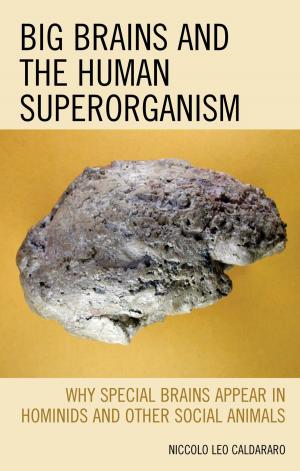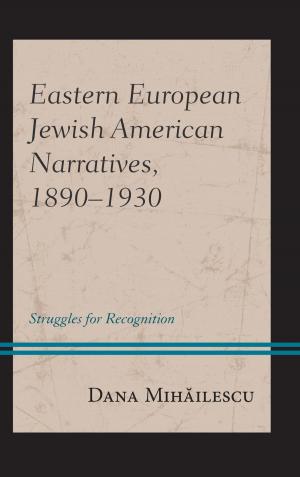Media Transformations in the Post-Communist World
Eastern Europe's Tortured Path to Change
Nonfiction, Reference & Language, Language Arts, Communication, Social & Cultural Studies, Political Science, Social Science| Author: | ISBN: | 9780739174951 | |
| Publisher: | Lexington Books | Publication: | October 18, 2012 |
| Imprint: | Lexington Books | Language: | English |
| Author: | |
| ISBN: | 9780739174951 |
| Publisher: | Lexington Books |
| Publication: | October 18, 2012 |
| Imprint: | Lexington Books |
| Language: | English |
Media Transformations in the Post-Communist World: Eastern Europe’s Tortured Path to Change, edited by Peter Gross and Karol Jakubowicz, is a collection of analyses of Eastern European media by some of the most distinguished scholars in the field. This in-depth exploration shows how despite positive changes after the fall of Communism, the transformations of societal institutions, including the mass media, have turned out to be slow, uncertain, and unsatisfying to many when measured against the admittedly ambiguous and overly Panglossian expectations.
This collection offers readers a different view of post-Communist media by examining the mass media’s evolution in the region from a more holistic perspective. The contributors to this volume respond to essential questions, including: Is the post-Communist transition and transformation over? When can it be considered over? Each chapter contributes to our understanding of these questions by offering theoretical overviews and country-specific studies.
This collection serves as an affirmation that the study of mass media is essential to understanding the nature and workings of democracy in the long-suffering nations of Central and Eastern Europe, with international applications. Media Transformations in the Post-Communist World is an indispensable contribution to the study of Eastern Europe after Communism, and the transformations of mass media in the region.
Media Transformations in the Post-Communist World: Eastern Europe’s Tortured Path to Change, edited by Peter Gross and Karol Jakubowicz, is a collection of analyses of Eastern European media by some of the most distinguished scholars in the field. This in-depth exploration shows how despite positive changes after the fall of Communism, the transformations of societal institutions, including the mass media, have turned out to be slow, uncertain, and unsatisfying to many when measured against the admittedly ambiguous and overly Panglossian expectations.
This collection offers readers a different view of post-Communist media by examining the mass media’s evolution in the region from a more holistic perspective. The contributors to this volume respond to essential questions, including: Is the post-Communist transition and transformation over? When can it be considered over? Each chapter contributes to our understanding of these questions by offering theoretical overviews and country-specific studies.
This collection serves as an affirmation that the study of mass media is essential to understanding the nature and workings of democracy in the long-suffering nations of Central and Eastern Europe, with international applications. Media Transformations in the Post-Communist World is an indispensable contribution to the study of Eastern Europe after Communism, and the transformations of mass media in the region.
